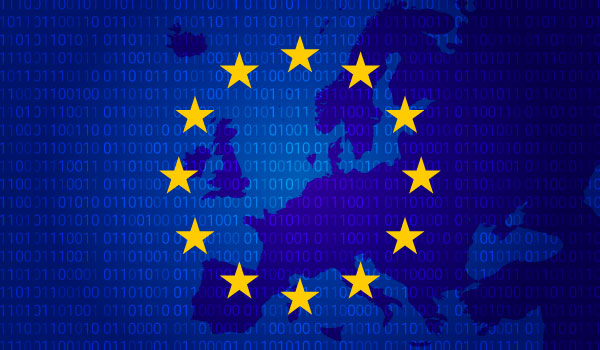The Ministerial Order regulating Billing Software Systems and Verifactu in Spain has recently been published. In other words, the technical specifications for the new Billing Regulation (R.D. 1007/2023). This regulation was approved on December 5, 2023, and has been effective since December 7, 2023.
This regulation arises from the mandate established in the Anti-Fraud Law and defines an invoice registry with a specific format and structure. The invoice also includes certain security-related IT elements. These elements ensure that the invoice registry cannot be modified, and if it is, the modification will be recorded.
What does this regulation entail?
Starting July 1, 2025, companies not reporting to the SII (Immediate Supply of Information)—that is, companies with annual revenue under €6 million—will be required to issue Verifactu invoices.
Verifactu invoices are generated using billing software systems that meet strict technical requirements and allow for the transmission of transaction registration and cancellation records.
Who is required to comply?
Businesses earning less than €6 million annually that are subject to Corporate Tax, IRPF (Personal Income Tax) with economic activities, or IRPF for non-residents with a permanent establishment, among others. Companies already reporting to the SII and those under the Special Agricultural, Livestock, and Fishing Regime are exempt.
Scope of application
The regulation applies throughout Spanish territory, including the Canary Islands, Ceuta, and Melilla. Foral territories (Vizcaya, Guipúzcoa, and Álava) must comply with the TicketBAI system for transactions between Basque companies. TicketBAI is analogous to the Verifactu system.
Invoice types
It applies to B2B (business-to-business), B2C (business-to-consumer), and B2G (business-to-government) invoices and it also applies to receipts.
What is a Verifactu invoice?
A Verifactu invoice includes a QR code and the phrase “Invoice verifiable at the AEAT electronic headquarters.” These requirements ensure its validity. To achieve this, the invoice information is sent to a public platform developed by the State, which generates the QR code and confirms its authenticity.
How does this affect your business?
Businesses required by law must use certified billing software such as Verifactu to generate their invoices. It’s important to note that while companies are responsible for compliance, the invoicing process must be carried out exclusively through these systems. The regulation focuses primarily on the technical requirements that Verifactu systems must meet to ensure the legal validity of invoices.
Therefore, businesses must ensure they work with providers who meet these standards, while the technical implementation of the requirements will be the responsibility of the billing systems themselves.
Even though large companies are not required to issue Verifactu invoices, they may receive them from smaller suppliers. For this reason, it is crucial to have systems adapted to this new requirement.
This regulation is distinct from the Royal Decree regulating the mandatory use of electronic invoices between companies. The Verifactu regulation determines the format of invoices that will pass through the Spanish Electronic Billing System. Learn more about the differences between the two regulations here.
How does this impact technology providers?
The regulation states that any software used to support billing processes will be considered a “billing system.” Technology companies meeting the criteria to be recognized as providers of billing systems must notify the State of this status through a responsible declaration.
Billing systems must:
- Generate and store a detailed record of each transaction.
- Generate and store a record of cancellation if an operation is annulled.
- Maintain records in a repository and meet the requirements specified in the regulation.
- Include a “hash” footprint ensuring information integrity.
- Incorporate a QR code partially representing the invoice.
Billing systems opting out of the Verifactu framework must use a digital signature.
At Voxel, an Amadeus company, we are ready to facilitate this process, ensuring regulatory compliance and simplifying the transition. Contact us if you want to start preparing to comply with this regulation before July 1, 2025.











